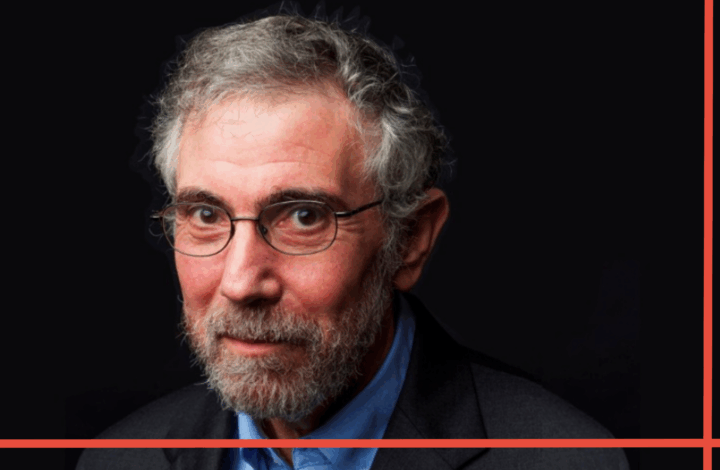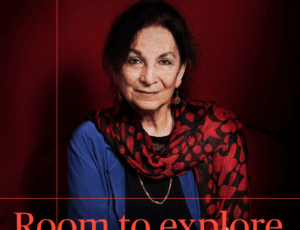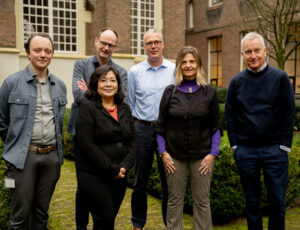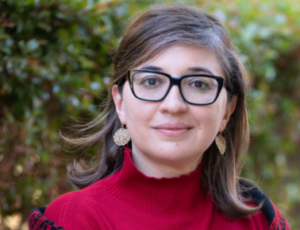
An Afternoon with Paul Krugman
Political Autocracy and Academic Freedom
2 October 2025An Afternoon with Paul Krugman
Nobel Prize–winning economist Paul Krugman recently warned at a NIAS Lecture that academic freedom in the United States is deteriorating rapidly. He argued that what is now unfolding goes beyond the imposition of ideology: it resembles the logic of autocracy, where scholars are expected to show loyalty to leaders whose positions may shift from month to month. Krugman pointed to economics as a discipline long exposed to political pressure, yet now forced into ever-changing alignments—citing the example of free trade, once a near-universal consensus among economists, which is now under political assault.
Other speakers connected his warning to the European context. UNL president Caspar van den Berg highlighted that attacks on universities are never just academic issues, but signals of democratic fragility: universities are “a canary in the coal mine of democracy.” He acknowledged criticism from figures such as Mark Bovens and Thomas Schillemans about elitism and ideological monoculture within academia, framing these not as hostile attacks but as valuable mirrors. By contrast, NIAS director Jan Willem Duyvendak cautioned against over-politicizing core scientific values such as sustainability and diversity, insisting these belong to all of society, not to a single political camp.
Adding to this, economist Robin Wells traced U.S. hostility toward academia to deep social and economic shocks—from deindustrialization to the pandemic—that created fertile ground for scapegoating. She emphasized the need for scholars to reconnect with broader publics, while Krugman closed by urging fidelity to scientific integrity over political convenience. Pluralism, he insisted, does not mean appointing creationists to biology departments; it means upholding the values and processes that ensure the pursuit of truth. The symposium made clear that the defense of academic freedom is not only urgent but vital.



